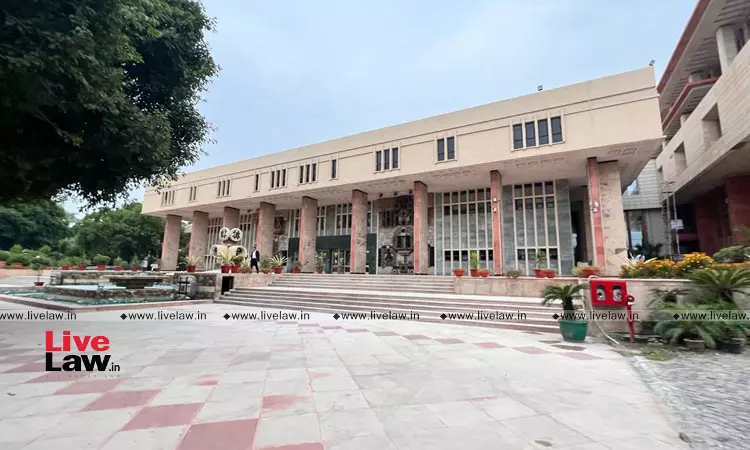Proceedings Under IBC Doesn't Exclude Court Jurisdiction To Entertain Section 11 A&C Applications: Delhi High Court
Rajesh Kumar
11 March 2024 9:00 AM IST

Next Story
11 March 2024 9:00 AM IST
The Delhi High Court single bench of Justice Sachin Datta held that proceedings contemplated in Section 14 of the Insolvency and Bankruptcy Code (IBC) do not expressly exclude the jurisdiction of the court or authorities to entertain applications under Section 11(6) of the Arbitration Act or other proceedings initiated by the corporate debtor against another party. It held that even if...
